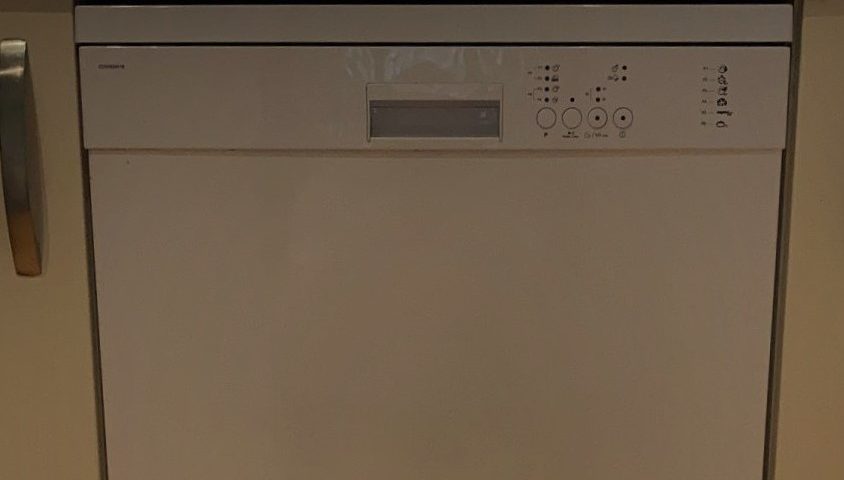
Tip of The Month: Want to know why your dishwasher has stopped giving you great results?
I don’t know about you, but, in my household, the dishwasher is King.
With two young children and a busy work schedule that sees me working at least a 14-hour day, any extra help we can get with day-to-day tasks is an absolute blessing.
Admittedly, these marvels are not a new invention. In fact, the very first one to be granted a patent was invented in 1850. But, over the years, they’ve become so integral to our way of life, I don’t know what we’d do without them.
Most people know that, like anything, in order to keep the dishwasher in tip-top condition, you need to make an effort to look after it. This includes cleaning the filter, using a good de-scaler and even ensuring that it’s been loaded in the correct way.
But, in recent years, we’ve been called out to deal with a modern-day problem that could easily be avoided. And it’s all to do with new, healthier eating habits. So, what am I talking about?
Seeds. Yes, seeds. Mainly smaller ones like sesame, flax, and even different types of grain.
The trouble is that people just aren’t rinsing their plates thoroughly enough before placing them in the washer. Failing to do this means that the jet wash nozzles, that usually make a great job of cleaning, become clogged and lose their efficiency.
The user thinks there’s a major problem and calls us out, only to discover that the problem could have been avoided in the first place. It’s not a particularly difficult job to tackle, but it does mean dismantling much of the machine. It just seems so unnecessary.
Once we clear the dirt, seeds and general muck that builds up, the dishwasher mostly works like it did when it was first purchased – making everything sparkle and shine as it should.
So, we commend you for pursuing a healthy diet – keep it up – but spare a thought for your poor dishwasher, and save your pennies… rinse those plates!
Until next time, ciao for now.


